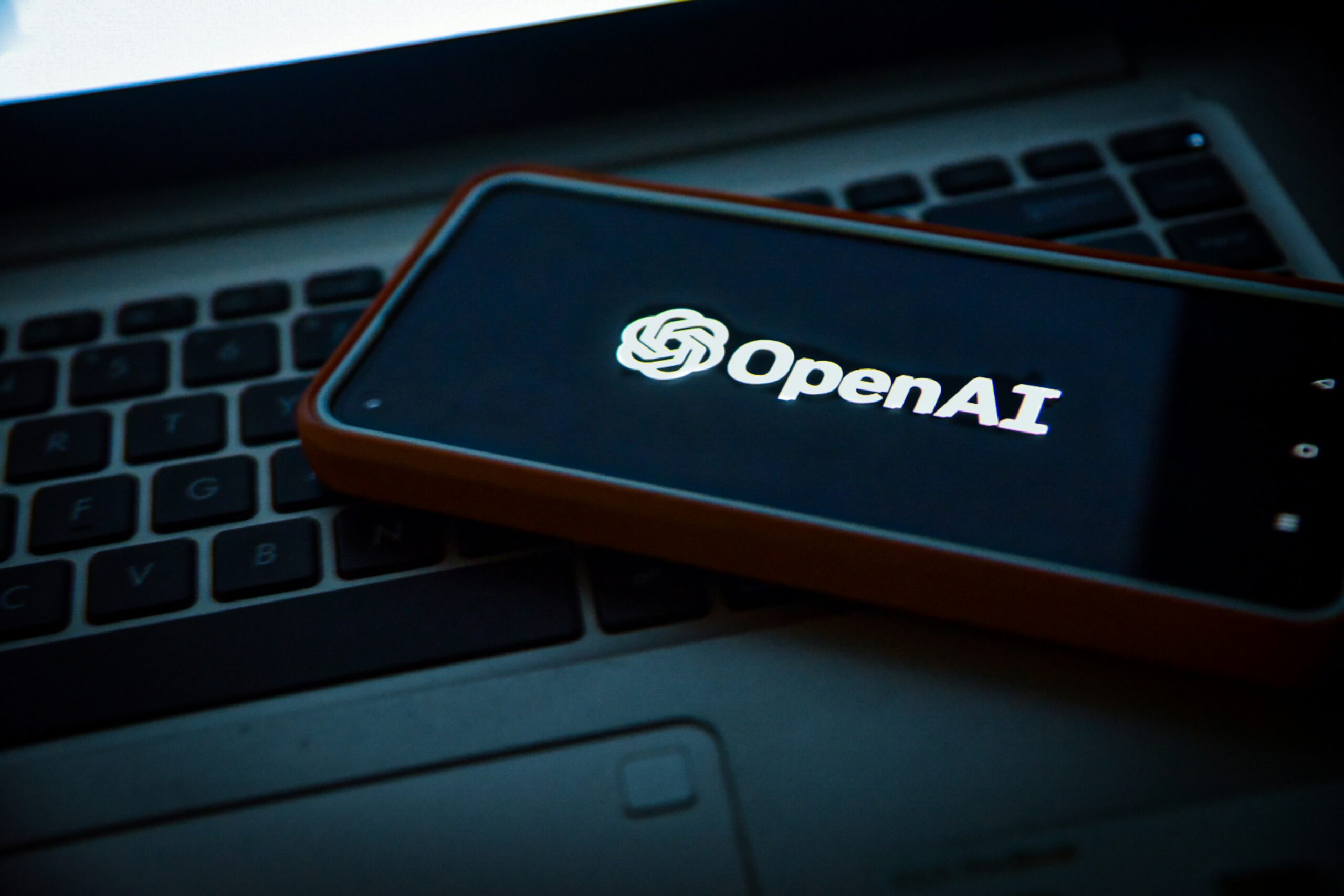In mid-2024, OpenAI confirmed what many industry insiders suspected: they’re building a web browser. On the surface, this might seem like just another browser entrant. But if you’re operating a SaaS platform for local SEO, especially one managing thousands of business locations—this is not a minor development. It’s a paradigm shift.
OpenAI isn’t merely trying to compete with Chrome or Edge. It’s creating the infrastructure to power AI-first discovery, where structured, API-accessible data, not search rankings, will dictate visibility.
And that means one thing: if your platform isn’t built around data standardization and integration, your clients risk being invisible in the next generation of search.
Why OpenAI Wants Its Own Browser and Why That Matters
Historically, ChatGPT’s access to real-time information has depended on partnerships with engines like Bing. But as OpenAI pushes toward a closed-loop ecosystem, combining its own models, data ingestion pipelines, and now a browser, the goal becomes clear:
Control the flow of information, user behavior, and the search interface itself.
Browsers have always shaped how we access content. Google built Chrome to own that layer of behavior. OpenAI follows suit but with a fundamental twist: instead of links, it delivers summarized answers, recommendations, and AI-curated visibility.
That’s where local SEO platforms must pay attention. This isn’t a small change to SERP layouts. It’s a redefinition of discovery itself—one that doesn’t revolve around backlinks or meta descriptions, but on structured, consistent, machine-readable business data.
What AI Search Really Cares About (Hint: It’s Not Keywords)
Unlike traditional search engines, AI-powered systems like ChatGPT, SGE, and Copilot don’t return “blue links.” They generate instant answers based on context-rich, structured inputs.
That means the following issues will sink your visibility fast:
- Business listings that lack schema or structured metadata
- Inconsistent NAP (Name, Address, Phone) signals across platforms
- Duplicate or outdated listings
- Data that’s not accessible via API or syndication
Google Search has already begun favoring structured data. OpenAI’s browser may completely decouple search from traditional ranking factors, using trust signals like accuracy, freshness, and accessibility of business information.
This creates a new SEO priority: make your data usable by machines, not just readable by humans.
APIs Are the Competitive Edge in an AI-First Landscape
At Local Data Exchange, we build APIs for platforms managing SEO at scale—tools designed not just to push data to directories, but to fuel machine learning models and AI discovery systems.
Here’s how our APIs give your SaaS platform an edge:
Listings API:
Push verified, schema-rich business data to publishers that AI engines trust. Use our version control and health scoring to stay ahead of visibility drops before they happen.
Reviews API:
Aggregate, analyze, and syndicate review data from multiple directories. Let AI search engines understand your clients’ reputation through clean sentiment signals.
Geo Grid + Keyword Ranking API:
Track how your clients appear not just by keyword, but by location-specific ranking. With AI search becoming hyper-local and contextual, this data becomes essential.
Entity Resolution API:
Identify and clean up duplicate listings across platforms. Increase trustworthiness with publisher-matched records, confidence scores, and deduplication models.
When AI engines decide which business gets shown, they rely on signals like completeness, recency, accuracy, and consistency. These are the exact variables our APIs help you optimize.
Google Isn’t the Only Gatekeeper Anymore
OpenAI’s browser project marks a broader trend: the decentralization of search.
Where your clients used to rely on Google to drive discovery, they now face a multi-engine environment:
- AI chatbots like ChatGPT, Gemini, and Claude
- Smart assistants embedded in browsers
- Voice-based search from Alexa, Siri, and mobile devices
- Product aggregators pulling from proprietary data graphs
If your platform is still built solely around ranking in Google, you’re missing the bigger picture: visibility is no longer controlled by a single source.
Each of these new search engines relies on structured, syndicated, and trustworthy data, and that’s exactly what APIs enable you to deliver.
What Should SaaS SEO Platforms Be Doing Right Now?
If you manage local listings at scale, now is the time to operationalize data strategy beyond traditional SEO. Here’s how:
- Audit all business data: Is it structured, complete, and machine-readable? If not, fix it fast.
- Integrate with APIs: Automate everything, listings, reviews, monitoring, via scalable endpoints.
- Track non-Google visibility: Test your listings in AI interfaces and voice assistants.
- Educate clients: Make sure they understand AI search is not theoretical—it’s already affecting discovery.
- Invest in metadata: Enrich records with services, photos, hours, and accessibility features.
Data Is the SEO
OpenAI’s browser isn’t a product announcement, it’s a directional signal. It tells us that AI will continue to reshape discovery. And in this new reality, SEO won’t be about optimizing content for a crawler. It’ll be about making your data visible to machines.
At Local Data Exchange, we’re building the data infrastructure to make that possible. Whether you’re managing listings for 200 locations or 200,000, our APIs are designed to keep your platform competitive in an increasingly AI-powered search landscape.


